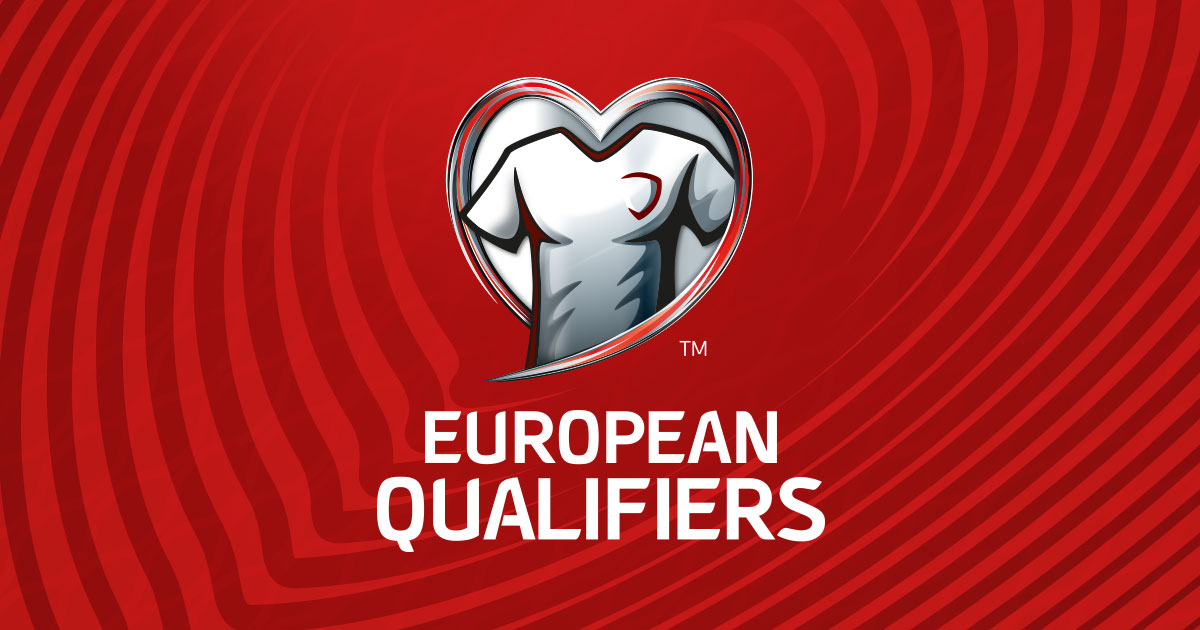
The digital revolution has caused almost every industry to quickly adapt to a different way of doing things, and sports are no different, from how teams are managed to the choice of sponsors. We’ve seen significant changes in the sports betting industry as online gambling has completely upended the tradition of going to the local betting shop (or ‘bookies’) to place bets. Instead, consumers can now bet on their favourite sports using just their mobile phone or computer – or even when they’re at the stadium watching their favourite team play!
Generating additional revenue via sponsorship and advertising
As you’ve probably seen from the newsstands and on television, online gambling companies have become deeply embedded within the sports industry at both club and league levels.
The main reason for partnerships like these is for financial gain, which will in turn help clubs grow, improving training facilities, hiring more experienced staff and expanding their scouting network.
In the Premier League, which is widely regarded as the best soccer league in the world, 11 of the 20 teams competing in the 2024/25 season display a betting company on their jerseys as a sponsor.
This can be a particularly attractive venture for smaller sports teams wanting to compete with wealthier rivals, particularly those backed by billionaire owners, so the appeal of gambling-related sponsorships is clear. For many clubs, it’s a case of survival. However, others may be more concerned with the greater exposure to broader audiences offered by these gambling companies.
Due to the diverse fanbases of these sports teams, there are concerns about how extensively such partnerships should be advertised, as well as whether it would be something their audience as a whole would be receptive to, however, this can also be affected by location. At the same time, some have pointed out the hypocrisy of players being punished for gambling while having to display those same sponsorships on their jerseys on matchdays.
Increasing fan engagement
With more betting companies offering promotions and offers related to supporters of their partnered sports teams, it’s easier than ever to get involved, whether that’s at home or when watching the game.
Beyond just offering opportunities for fans to bet on their favourite sports teams, many online gambling companies also offer a wide range of traditional casino games with sports-related themes, aiming to capitalise on this interest.
The Sun, which is known for its sports journalism in the UK, is one of the companies offering a wide range of slot and casino games that can be played by visiting https://www.newcasinos.com/reviews/the-sun-play/. This shows in-depth reviews from trusted industry veterans, which are particularly helpful for newcomers as they can highlight elements that they may not be aware of.
Why are they doing it?
For many fans, the ability to bet on their favourite sports teams can add another level of excitement when watching a game, especially if they have the chance to win a large amount of money. They have a vested interest in whichever outcome they’re backing. There’s also the social aspect, especially when we look at fantasy sports and the many online communities dedicated to sharing tips and discussing current topics.
What are the potential downsides?
Not all fans are likely to be on board with this increased association between sports and gambling, especially those opposed due to their religious beliefs. Teams that press ahead with these partnerships, despite opposition from supporters, risk alienating parts of their fanbase, which is why fan consultations are so important when it comes to potentially divisive changes to how teams market themselves.
Implementing regulatory challenges and better governance
With the sporting landscape rapidly changing how fans interact with their favourite teams, there is an increased level of pressure on league officials and regulators to ensure this latest wave is sustainable and adequately safeguards all members of the fanbase.
There’s a balance to find between meeting these requirements while also ensuring that clubs are able to compete on a level playing field and can increase revenue in line with the increased cost of keeping the best players from looking elsewhere.
Up until recently, there were few restrictions on which companies could sponsor sports teams, and while many free-market believers would argue that this is a good thing, this overlooks the various concerns listed above. The UK Government, as a prime example, is currently in the process of instituting an ‘independent football regulator’ with the intention of ensuring clubs manage their finances sustainably, that owners and partners meet stringent criteria, and that supporters have their needs adequately considered.
Views on the increased regulation of sport as a whole are mixed, with some keen to see clubs fall under more direct supervision as a result of past financial mismanagement, while others, including club executives and current advertising partners, see this as a barrier to growth. There’s a fear that this could see many of the current gambling partners being rejected by the government, without the club having the ability to assess their proposals for themselves. This would remove the autonomy of club executives wanting to make decisions regarding their own finances.
Final thoughts
Sports have undeniably been changed by the online gambling industry, especially with the introduction of social media and the audience that comes with it, with several online companies sponsoring stadiums and shirts – look no further than the English Premier League for evidence.
Looking ahead, we expect to see sports and online gambling continue evolving together, albeit with stricter regulations imposed by government and league officials. The sports industry will need to find a way to continue these lucrative partnerships without potentially disenfranchising supporters while also ensuring they meet safeguarding requirements.








